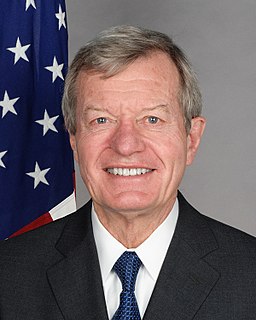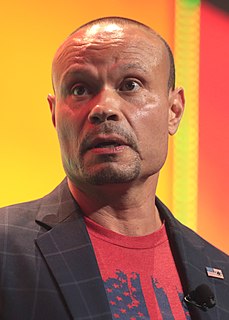A Quote by Robert Gilpin
Trade is the oldest and most important economic nexus among nations. Indeed, trade along with war ha been central to the evolution of international relations.
Related Quotes
The economic importance of maintaining strong trade relations with our two closest neighbors cannot be overstated. Any decision negatively affecting the free flow of trade from Missouri to Canada and Mexico would have undesirable economic consequences. Thousands of jobs and billions of dollars are at stake.
If the resources of different nations are treated as exclusive properties of these nations as wholes, if international economic relations, instead of being relations between individuals, become increasingly relations between whole nations organized as trading bodies, they inevitably become the source of friction and envy between whole nations.
Brexit is not ideal. I'm famously not a Brexit negotiator, but relations between Ireland and the U.K. have been getting stronger, and a big part of that has been trade and feeling like sister countries within the E.U. I don't think it will affect the 'vibe' of relations, but it will have a significant effect on trade and business.




































